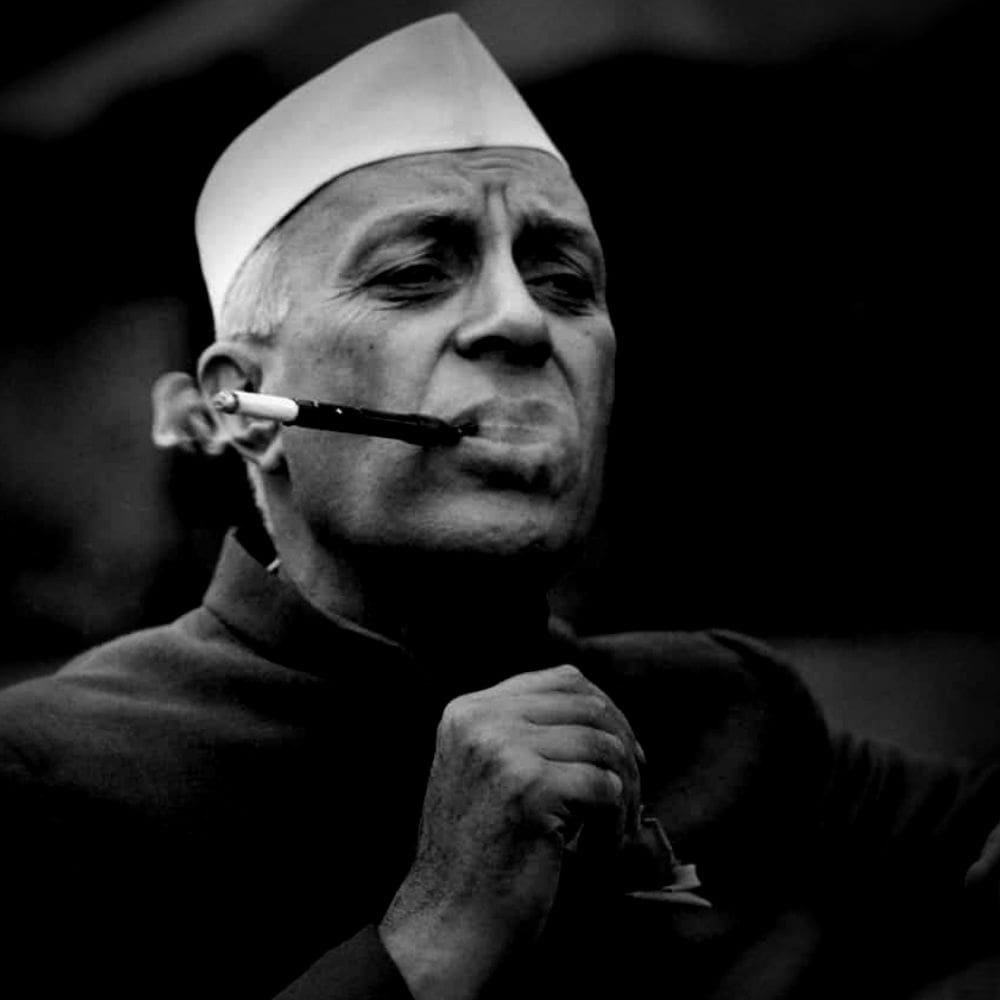NEGLECTING SOUTHEAST ASIA
Nehru gave little importance to the relations with Southeast Asian countries, and was patronizing towards them, even though India had much to learn from them looking to their far better economic growth rate. Here is an example of Nehru’s snobbishness. Even as India was going around the world with a begging bowl, Nehru didn’t flinch from being sarcastic on Southeast Asian countries and their economy, which had actually been doing far better. Wrote Durga Das [words in italics in square-brackets are author’s ]: “A talk with the Prime Minister of Thailand was very revealing. He complained that Nehru had characterised the Thai Government as corrupt [What about the financial scandals in the Nehru government? ] and said the country had a ‘Coca-Cola economy’… Thailand, the Prime Minister explained to me, had a long tradition of independence, and if she had taken shelter under the U.S. umbrella it had done so to safeguard her independence. If Nehru was willing to underwrite their security [it’s another matter India could not secure itself! ], the Thais would prefer to be with India since Thai culture was predominantly Indian [He didn’t know that India under Nehru didn’t care for its own culture! ]… When I suggested that a visit by the King and the Prime Minister to India would improve matters, he replied that their very experienced Ambassador in New Delhi had warned them against inviting an insult by undertaking such a visit. They treated their ruler as a demi-god, and he would not go to India unless assured of a cordial welcome.”
India had even rebuffed the fast-growing Japan. Krishna Menon, the right-hand man of Nehru, had snubbed offers of the Japanese corporate representatives for collaboration saying it was out of question on account of the vast differences in the policies of the two countries.
Lee Kwan Yew took Singapore’s per capita income from $400 in 1959 to $55,000. Yet in the Nehru-Indira era, Indian socialists viewed Lee with contempt as a neo-colonial puppet destined for humiliation and poverty.


